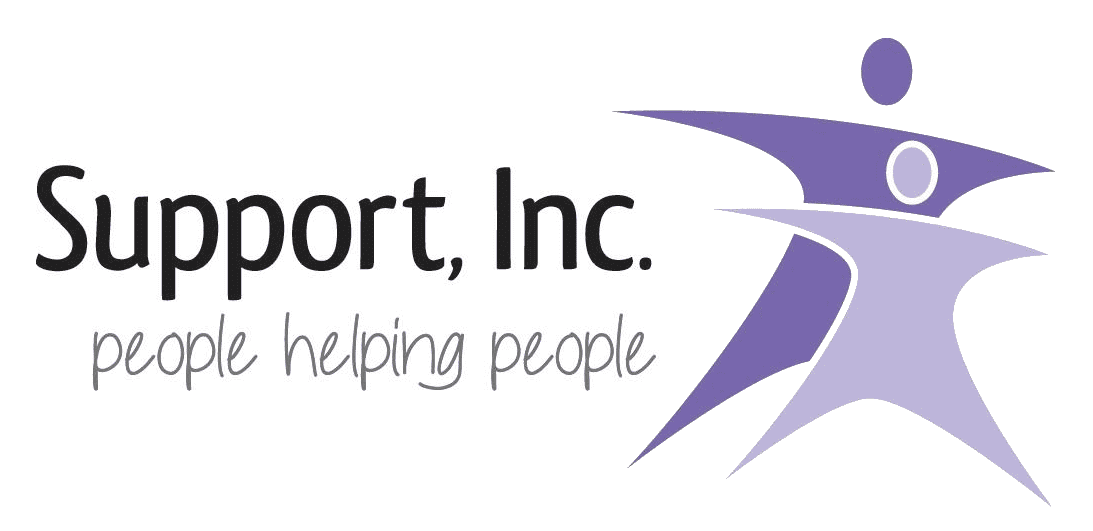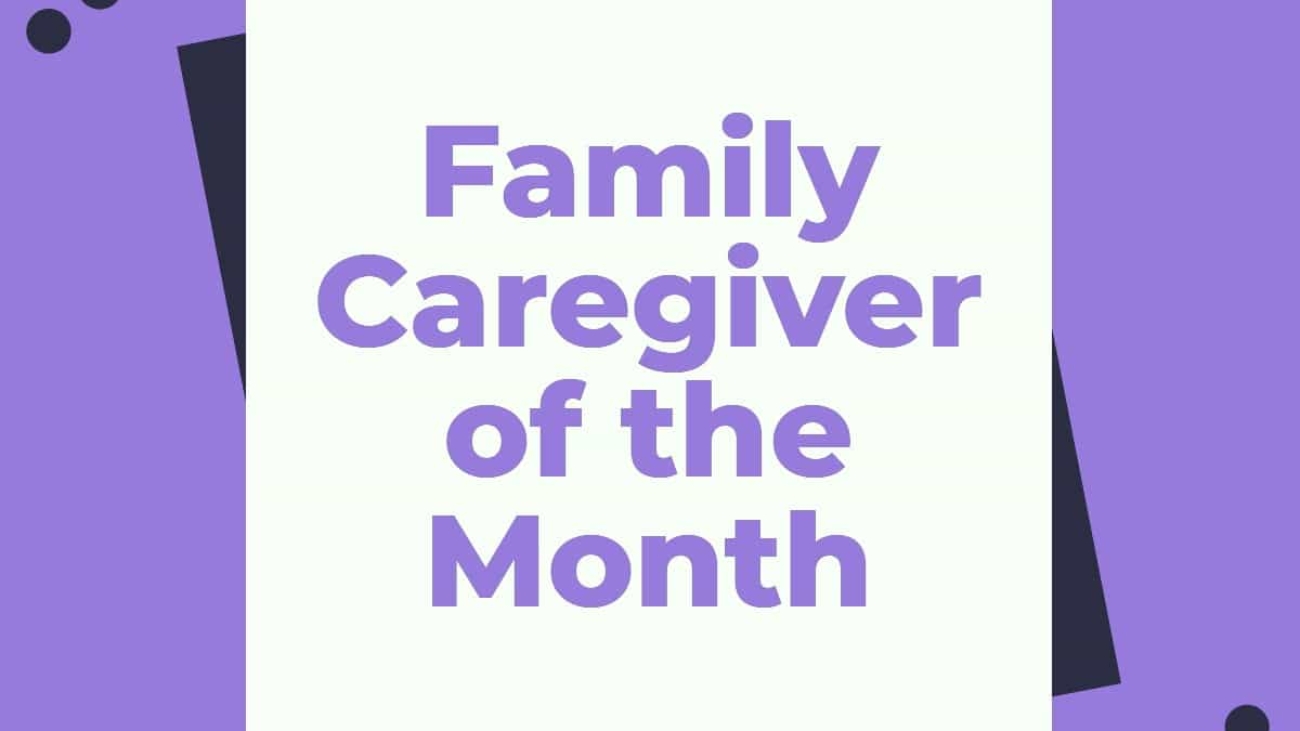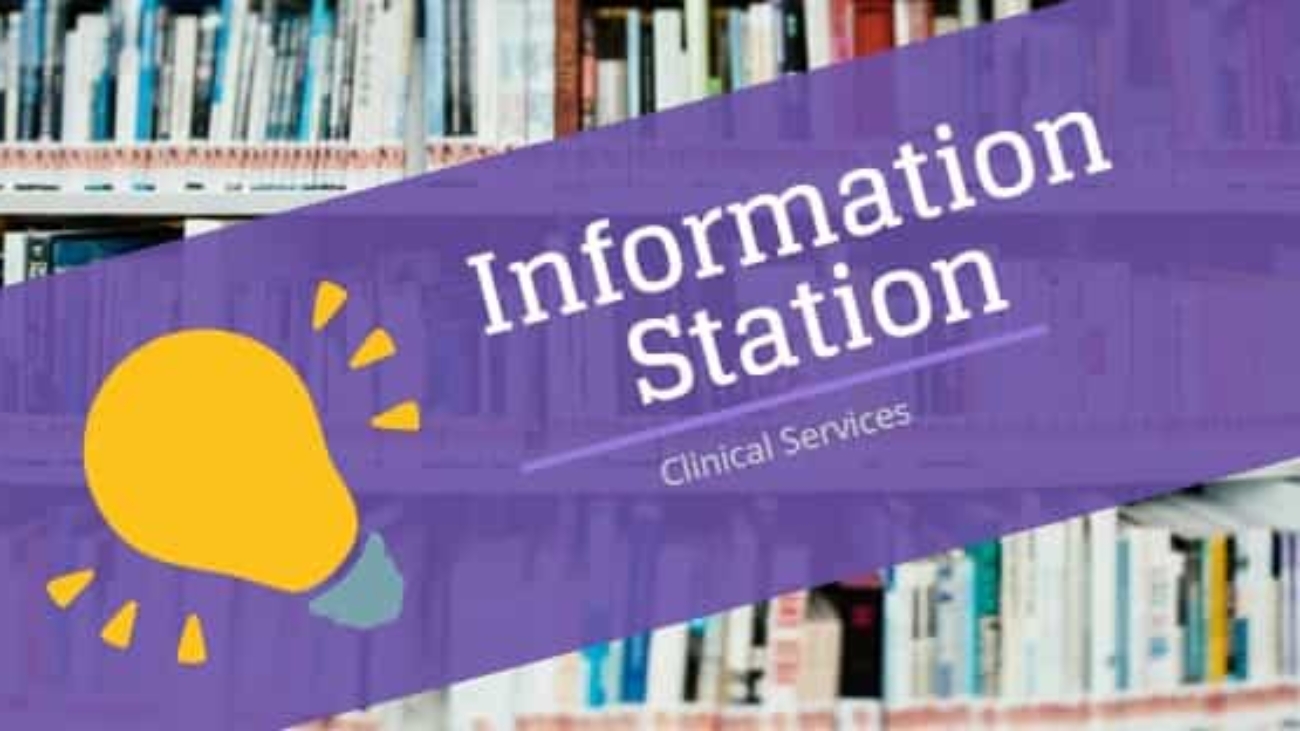New Leadership: The Clinical Team at Support Inc. has a new leader! Chris Sharkey recently took over the department as the new Associate Director of Clinical Services. Chris has been a well-respected Clinician at Support Inc. for numerous years now and we’re excited to see how the department flourishes under his leadership. If you see Chris, please send him a big congratulations!
What You Need to Know about Depression and Seasonal Affective Disorder
The Support, Inc. Clinical Team Provides the Facts, Care Options and Coping Strategies
Winter is officially here – bringing colder weather, shorter days and a shift in mood for many people. According to Christopher Sharkey, the director of clinical services for Support, Inc. – a leading provider of community-based solutions for individuals with intellectual and developmental disabilities – depression symptoms are similar to the symptoms of seasonal affective disorder (SAD), which can occur more often during the winter months.
“Many people will experience depression at some point in their lives. This is no different for people with intellectual and developmental disabilities. However, depression can be easily missed in people who have social and communication disabilities,” explains Sharkey. “While there may be a difference in the diagnosis, the coping strategies are very much the same. This reinforces the fact that we are truly all more alike than we are different.”
The Support, Inc. clinical team is proud to provide the following important information and facts about depression and SAD and offer coping strategies.
What is depression?
Common symptoms of depression include:
- Feelings of sadness that persist.
- Loss of interest in activities you would typically enjoy.
- Chronic fatigue.
- Issues concentrating.
- Changes to your sleep.
What is seasonal affective disorder?
Seasonal affective disorder (SAD) shares many of the same symptoms as depression. The shorter days in winter can make it hard to get enough sunlight which can cause a drop in serotonin, affecting our mood. Serotonin is a chemical that sends signals between nerve cells and is thought to play a role in regulating your mood.
The reduction of daylight can also affect our sleep, also resulting in changes to our mood. There are a few ways to help determine the difference between depression and SAD.
- Have you felt depressed at the start of winter over the past two years?
- Do you feel better when winter ends?
- Are there any relatives you know who experience SAD?
What to do?
Whether you are experiencing depression or SAD, seeing a therapist can be very helpful. There are also a number of coping strategies you can try using on your own, including the following.
- Mindfulness
- Adjust your daily routines to maximize sunshine (feel the sunshine on a walk).
- Consider what leisure activities can happen in the darker hours such as connecting with a friend by phone, mindfully cooking, writing a letter or drawing.
- Create a healthy sleep routine – avoid screens too close to bedtime; keep a consistent bedtime; and avoid caffeine later in the day.
- Connect to your body through movement.
- Exercise.
“If you are experiencing symptoms that are disrupting life, it is important to talk to your doctor and care providers,” says Sharkey. “Your doctor and care providers can work together to help determine what care options might be best for you.”












